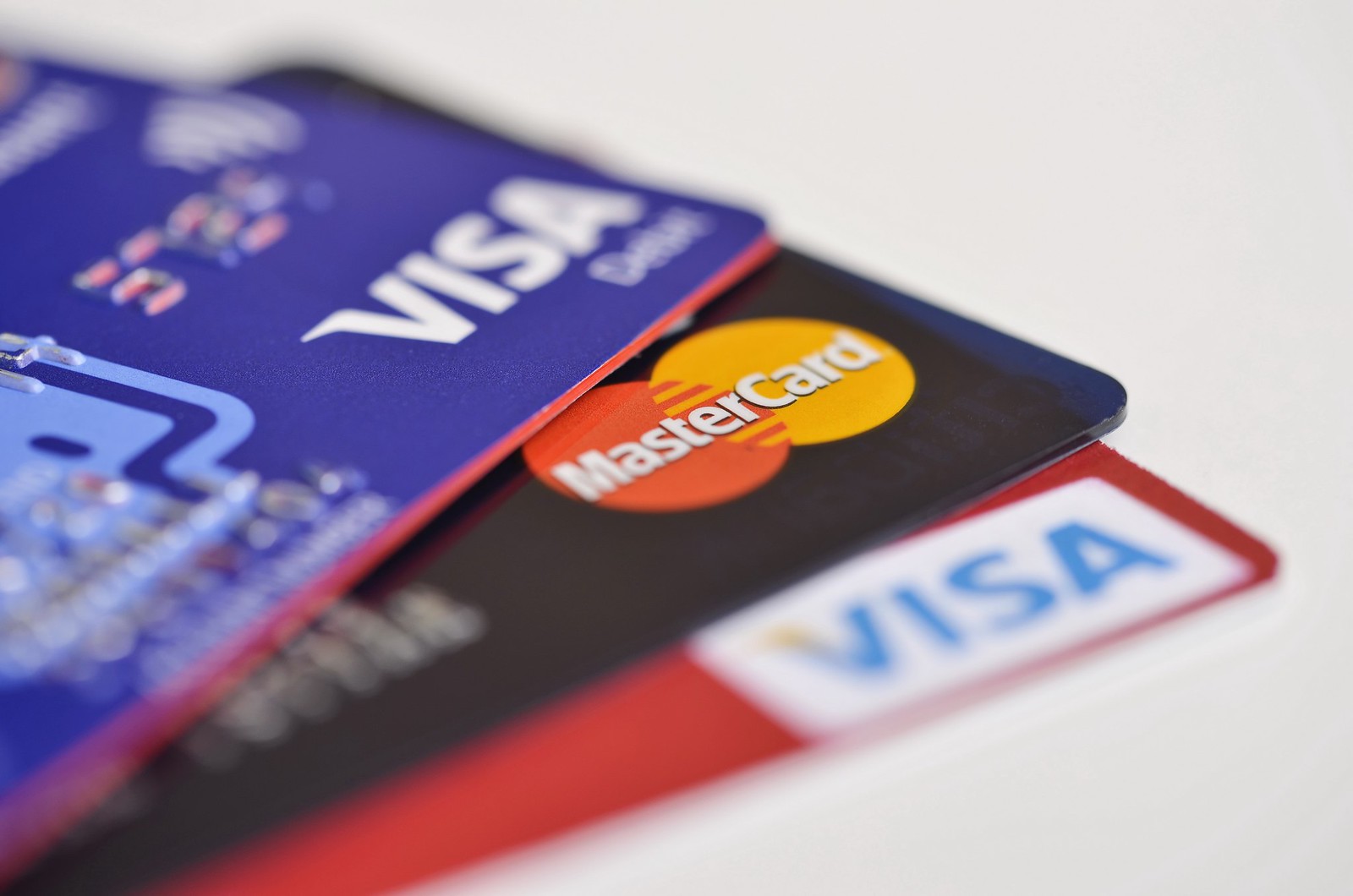In the District, restaurants and businesses alike are following an increasing nationwide cashlessness trend, a move that has been met with backlash. At Georgetown, The Corp made the switch in 2018, with all seven campus locations exclusively accepting cashless payment in the form of a GOCard, credit card, or debit card. But some cities are fighting this trend—on Jan. 23, New York City became the latest to ban cashless businesses. D.C. might be next as a bill, the Cashless Retailers Prohibition Act, was introduced in the D.C. Council.
Companies like The Corp or Sweetgreen have claimed going cashless simply means faster transactions, better customer service, and more efficient accounting. However, this editorial board believes cashless business practices discriminate against those who do not have the resources to participate in such transactions and must be banned by the Council.
According to a 2015 Federal Deposit Insurance Corporation report, at least 11 percent of D.C. residents do not have bank accounts, a higher proportion of bankless individuals than in most other cities in the country. Moreover, 27 percent of people in D.C. do not have access to a credit card or any other form of credit. This means up to 76,500 people are unable to pay for goods or services at any business in the city that has gone cashless.
Businesses that do not accept cash discriminate against low-income individuals and people of color, who are more likely not to have bank accounts. The 2015 report shows that in D.C., 20 percent of black households are bankless, compared to just 1 percent of white households. Whether or not a household has a bank account correlates closely with income. Thirty-five percent of the 55,000 D. (dougrushingrealty.com) C. households making under $15,000 a year do not have a bank account, whereas only 0.5 percent of those making over $75,000 a year are bankless. Many formerly incarcerated or currently homeless individuals face colossal barriers when it comes to accessing financial institutions. Cashless policies magnify existing racial and socioeconomic inequalities by disproportionately targeting already vulnerable communities.
Those of us who do have debit or credit cards often do not realize how limiting cashless practices can be to those who are unable to obtain them. Without plastic cards, people cannot call a Lyft or get a Postmates delivery. They must pay bills in person or by mail. For many of us, hailing rides without an app seems like a thing from the past and we often do not see how it is a privilege that excludes others.
Cashless business practices also make life even more complicated for undocumented individuals. Immigrants who lack access to a Social Security number and state-issued IDs face tremendous obstacles to opening bank accounts. Even undocumented people who live in states that allow them to obtain official identification often choose not to give their information to financial institutions out of fear of the federal government, especially under this presidential administration, which has been hostile to immigrants since day one.
In a recent interview with the Voice, Hoyas for Immigrant Rights president Arisaid Gonzales Porras (COL ’21) spoke on the difficulties of being an undocumented student on campus. “When The Corp changed to all credit cards, that affects undocumented students because people that are fully undocumented can’t even get a bank statement or a bank account,” she explained. “That probably never even crossed their minds.”
The student-run company is supposed to serve everybody at this university. Instead, by imposing significant burdens on patrons who do not have access to credit or financial institutions, The Corp is ensuring its services are inaccessible to a sizable segment of the campus community. They should reverse their cashless policy because it disproportionately impacts low-income individuals, undocumented people, and students of color.
Going cashless is a new way for institutions to discriminate broadly and it is not even necessarily to their financial advantage. Not only do cashless businesses risk alienating patrons, but the cost of going cashless might be higher than they realize. A 2011 study showed that when accounting for point-of-sale transaction time, back-office costs, fraud prevention, and the fees card companies charge, cash is actually a cheaper medium for retailers. So while cashless businesses like The Corp may point towards financial motivations for the switch, there is no guarantee that cashless sales result in higher profit motives.
We urge the D.C. Council to pass the Cashless Retailers Prohibition Act, which was reintroduced by Councilmember David Grosso on Feb. 5, 2019. The legislation seeks to prohibit retail establishments in D.C. from refusing to accept cash as a form of payment, and would go a long way in protecting those made vulnerable by cashless practices.
Almost two years have passed since the bill was first introduced in 2018, and it is high time for the Council to hold a vote on this important piece of legislation. Councilmembers have the opportunity to ensure that marginalized communities do not have to face one more type of discrimination in the form of cashless business policies. We must make financial transactions more accessible for all, and allowing cash to remain an alternative to card payments is a crucial part of that goal.





